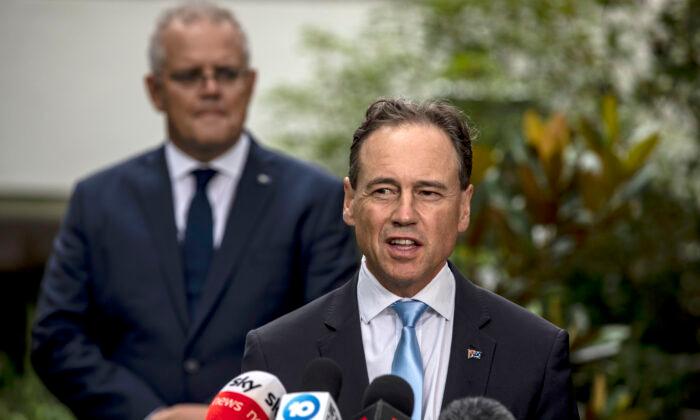The Australian government has announced a $56 million (US$39.7 million) investment that would benefit some 50 to 90 percent of the 160,000 Australians who need end of life and palliative care as they approach death.
Primary Health Networks (PHN) across Australia will receive more than $37 million (US$26.2 million) to expand the Greater Choice for At Home Palliative Care program.
“Our latest investment will ensure Australians can access appropriate care at the right time at home, while also aiming to reduce hospitalisation for palliative care,” he said.
Additionally, $19 million (US$13.5 million) will go towards improving end of life care in residential aged care via three programs at the University of Wollongong and Queensland University of Technology (QUT).
Wollongong will receive $8.9 million (US$6.3 million) for the Palliative Aged Care Outcomes Program, aimed at helping residential aged care facilities identify residents who need palliative care support, as well as ensure responsive and timely care that meets individual needs.
Meanwhile, QUT will be allocated $10.1 million (US$7.2 million) for two projects, one of which is the Program of Experience in the Palliative Approach, providing onsite targeted palliative care education and training to aged care providers and their staff.
The projects at both universities are expected to improve the palliative care skills and workforce capacity of over 2,000 aged care staff, bringing benefit to thousands of senior Australians in residential aged care each year.
This comes as the federal government incorporates palliative care into its $17.7 billion (US$12.5 billion) reforms to aged care.
Minister for Senior Australians and Aged Care Service Richard Colbeck said the Australian National Aged Care Classification (AN-ACC), which commences on Oct.1, 2022, will result in more equitable funding for delivery of care to 240,000 Australians living in residential aged care facilities.
“The improved funding through AN-ACC includes support to deliver quality consumer directed palliative care to care recipients who enter residential care for the final stages of their life,” he said.






Friends Read Free